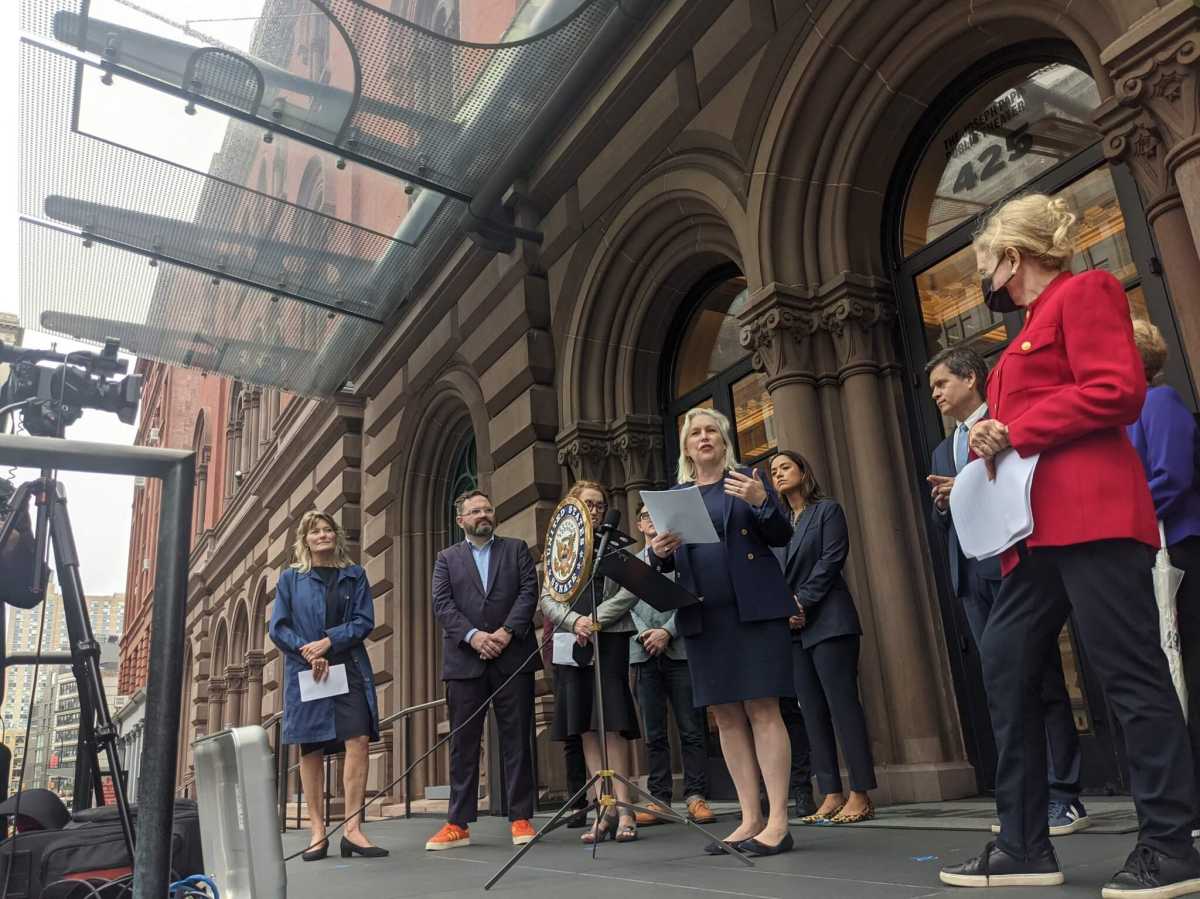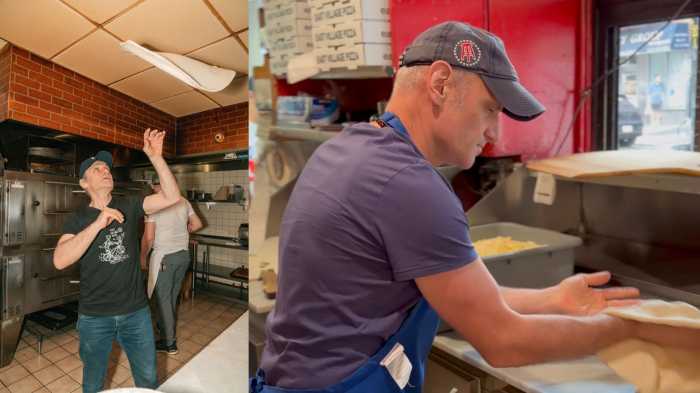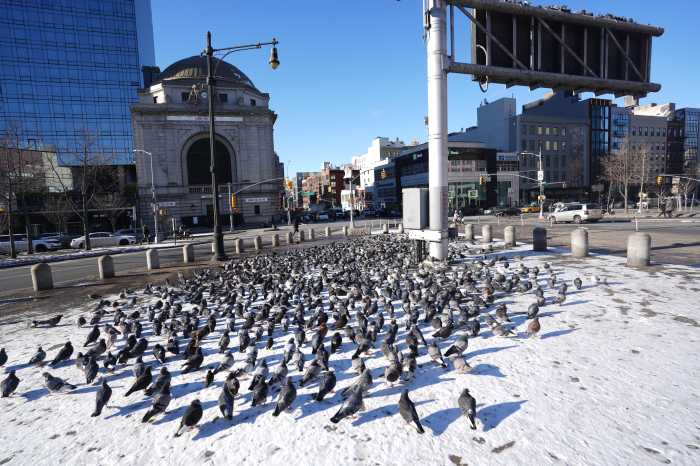On Oct. 4 elected officials proposed legislation that they hope will jumpstart the arts in the Big Apple, and in turn the economy.
Standing before the doors of the Public Theater located on 425 Lafayette Street, Senators Kirsten Gillibrand and Brad Hoylman; Council Member Carlina Rivera; Commissioner of NYC Department of Cultural Affairs Gonzalo Casals touted the Creative Economy Revitalization Act. This freshly introduced bill looks to boost and reinvigorate the creative economy by generating a workforce grant program to employ artists and writers to create publicly available art.
With the arts suffering greatly due to the COVID-19 pandemic since stage shows were forced to be halted, theaters could no longer show films, and museums were not exhibiting paintings and photographs, employment fell by 66% in 2020.
Inspired by the Works Progress Administration (WPA), the Creative Economy Revitalization Act would create a competitive workforce grant program and benefit both non-profit and for-profit organizations. With New York being known for its Great White Way and other iconic, artistic experiences, Gillibrand asserts the legislation will go a long way in re-stimulating work for artists through grants.
“The Creative Economy Revitalization Act would create a Works Progress Administration for today’s artists and help reinvigorate the creative economy by providing funding opportunities to hire local artists and writers to create publicly available art,” Senator Gillibrand said, “It would make 300 million dollars of grant funding available to government, non-profit and other groups to create everything from free concert series, dance performances and photography exhibits to murals, poetry, plays, and stories. These works would help us tell the full American story – the arts are some of our best tools for preserving folk traditions and highlighting communities whose narratives have been marginalized or erased. These projects would help us reinvigorate the struggling arts sector, create arts jobs, and make art and culture accessible to everyone.”
While the pandemic ravaged those from every walk of life, many attending electeds drove home the importance of the bill by reaffirming just how devastating the novel coronavirus was to creative individuals. While restaurant workers could still operate some form of business through outside dining, there were very little options for artists.
“Last year, when creative institutions were ravaged by closures, it was the workers: musicians, artists, actors, dancers, stagehands, and so many others that were hurt the most,” Congresswoman Carolyn Maloney said, adding, “This industry and these workers need more support and they need it now.”





































